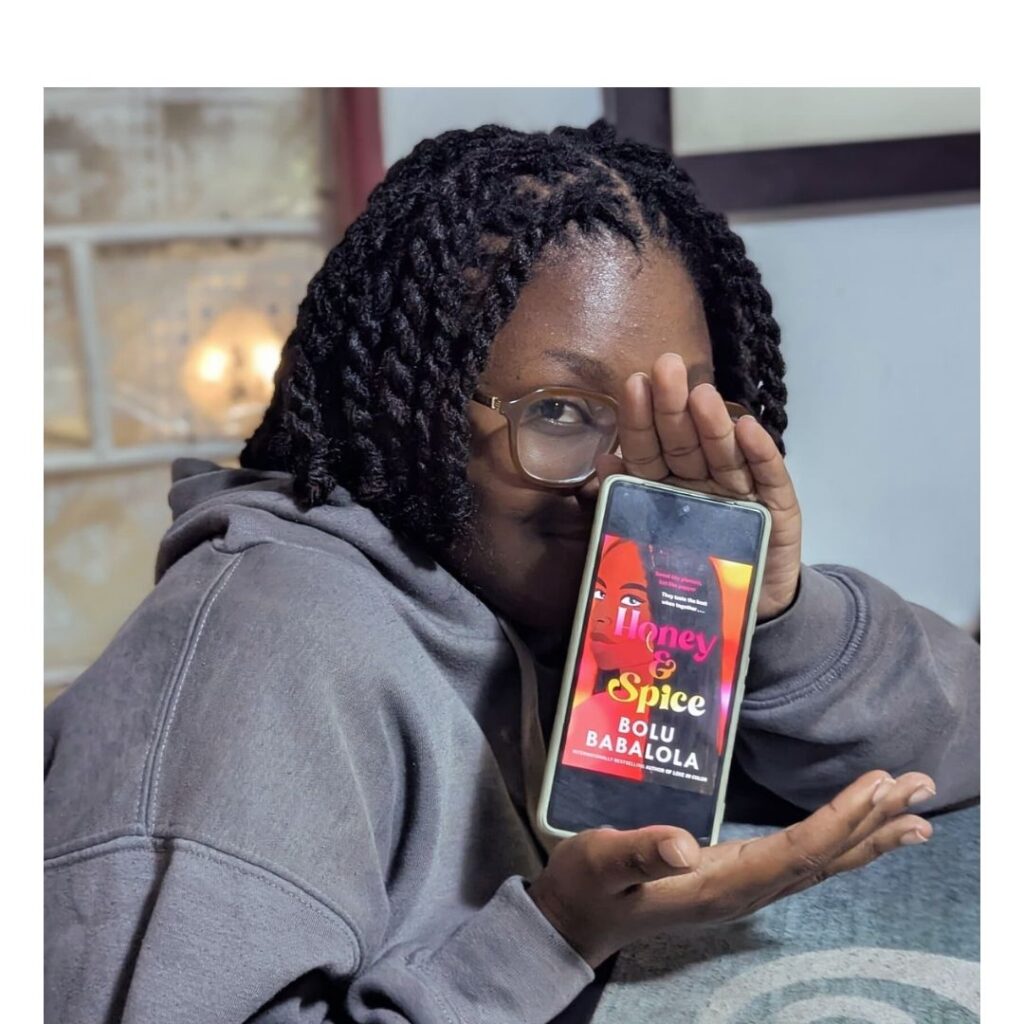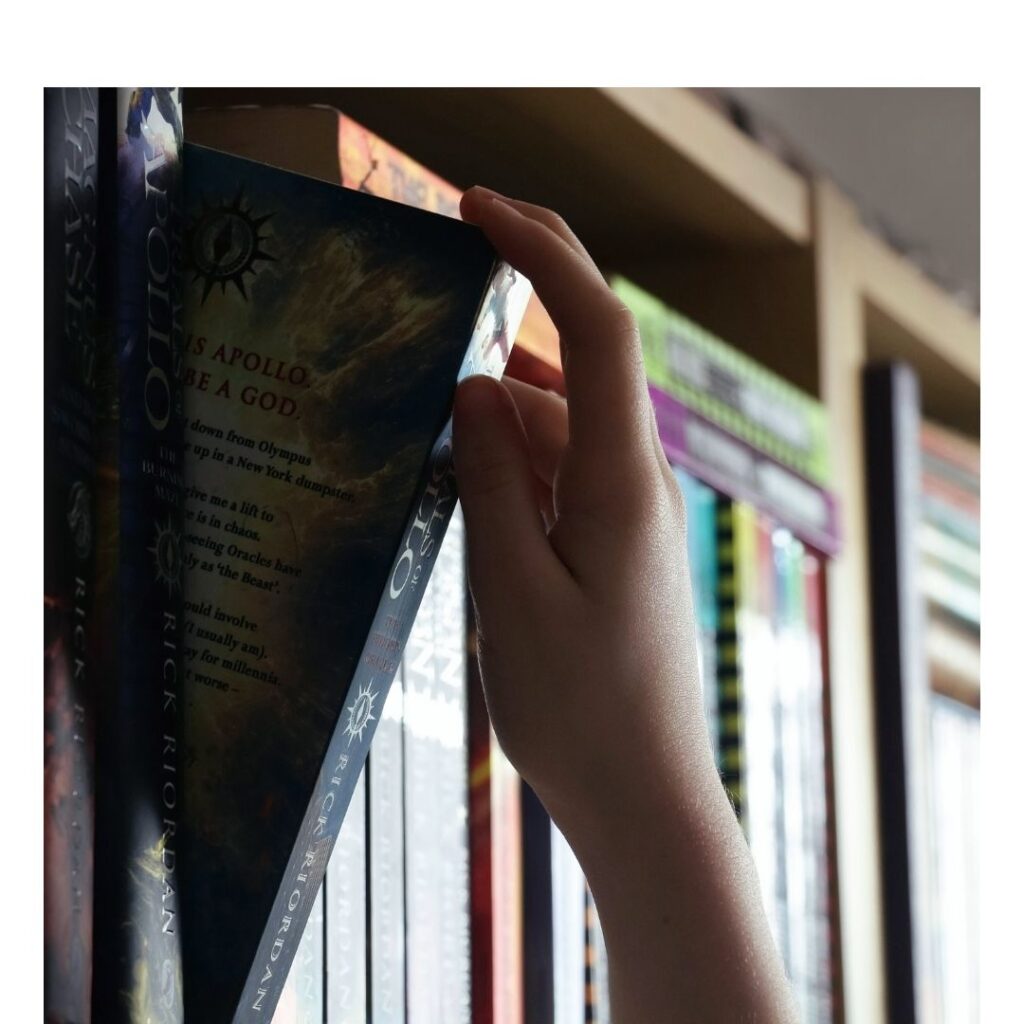One day my seven-year-old self will find me through a time machine and be in awe of what she’s accomplished as a writer. It won’t be much but it will be enough for her. She’s an impatient brat so instead of living her life til she gets to where I am (she is?) now, she will ask for tips. I’ll look into her hopeful eyes and say, “always write in Google docs or Google Keep, because when you’re 22 your phone will just die on you and take all your works in progress together with it to the grave. It will throw you into probably the worst writer’s block ever and for a long time you’ll be too demotivated to start over.” She will be devastated but I’ll rub her head (in the way she hates) and tell her, “don’t worry kid, you’ll always find your way back to the words. It’s a long time til then, so before all that, here’s the advice you’ll need now.”
1. Find your voice – and find it quick.
Like most writers before you, your first few works will damn well be plagiarised versions of books you’ve read. They won’t even be the sort of books you like ( because why are you fully rewriting a bastardised version of Sleeping Beauty in your maths notebook. She’s not even your favourite princess.) You’ll grow out of that in your teens – thank God. But even though you’re no longer plagiarising anymore, you’ll be trying to be the next Enid Blyton. Luckily, you will quickly realise that mystery writing isn’t for you. You’re not good at the description of things – which is essential for mystery and adventure. What you are good at is emotions – at writing so flowery it grows gardens. Hone that until everyone knows the feel of your writing even without you signing off.
2. You’re not the next Soyinka.
This advice is sorta two-fold. The first being that you probably won’t write the next best African novel. You won’t write all these big complex stories that win all the awards or that people say fancy words like “a riveting exploration of the human condition and what it means to be African.” But you will write beautiful and simple things that will still resonate with people. Pieces that even people you admire will talk about. Pieces that will win you prizes and take you places. The second is that even if you did write the next best African novel you most likely will never be as big a name as Soyinka is. Still, you will be beloved in other aspects – in other circles – and that is enough.
3. Write for other writers.
The good thing about you, is that a lot of readers will find you relatable. They will eat up your work and it will leave such a warm feeling at the bottom of your belly. But this will be bittersweet because it will cause you to plateau. Your work won’t progress and you’ll wonder why even with it’s mass appeal it doesn’t win any competitions or get accepted. The minute you start to want to write things that the people you admire might like, your work will get undeniably so much better. Doors will start to open and you will begin to take time over each piece ensuring it’s the best it can be before putting it out -both from a technical and storytelling aspect.
4. The people you admire will reject your work.
You will submit your work to your heroes and they will throw it back in your face because for one reason or the other you just don’t cut it for them. Curl into a ball, cry for a bit and then write again. Just because they said no does not make it a testament that your work is horrendous. Revise your work. Other people will enjoy it. Other people will accept it. And maybe as you grow in your craft even the people that once said no to you, will love your work somewhere down the line. You might think it, but you’re not nearly as bad a writer as you think you are.
5. The people you don’t admire will also reject your work.
It’s easier when people you hold in high regard tell you, your work isn’t for them. You believe their work is excellent and so obviously their standards might be higher than your skill level. However, you also need to prepare yourself for when people who you think are quite meh also think you’re quite meh. Man, that will suck even worse. Truth is, even the people you think are mediocre will also turn you down. The magazines or competitions you think you’re too good for and will definitely accept your work will flat actually out reject you. Regardless, continue to try and get better. You’re a good writer, but not nearly as good as you should be.

6. Put your work out there regardless
Despite who rejects or accepts your work, keep sharing it with the world. People will love it. Don’t doubt your capabilities. You are a writer through and through. Share what you have with the world despite your doubts.
7. Take Criticism- take all the criticism you can get.
Whether you like it or not (and you will most likely “not”) criticism will make you better. Especially in those first early years. It help you figure out what you’re doing wrong and at least give you an idea of how to refine your writing. As you go along, it will help you know your work so well that you’ll be able to sieve out which criticism applies to you and which doesn’t. Sometimes your critics have no clue what they are talking about, trust me. But sometimes they do. Develop a tough skin, suck it up and listen to what they have to say.
8. But also Take Praise.
I know it will be easier to swallow criticism because you want so hard to let the imposter syndrome win and convince yourself you’re not a good writer. But despite your best efforts, people will still like your work. And they will like it for all the right reasons too. Do not cower away from the compliments. Take them. Learn from them. Listen closely to what people say you’re doing right and refine that. Criticism isn’t the only sort of feedback that will help you get better. Hold your head high when people praise your writing. And then say thank you.

9. Separate the writer, editor and critic in you.
The writer is there to learn and do. The editor to fix and revise. The critic to know what works and what doesn’t. It’s going to be hard to let each of these do their job on their own, but they work better alone than together simultaneously. The writer in you just needs to tell the story, to put the words on paper. She has to work without the editor and critic trying to take over. Otherwise you will forever be trying to fix work that you haven’t written.
10. Write often.
In a more perfect world where you have your crap together, I’d tell you to write everyday. But realistically, even with a daily journal, you just won’t. But you can at least try to write once a week. A month. Pick up your pen and jolt all the words inside you. Write poetry lines you’re not sure of even if you cross them out. Use prompts. Sketch plots. Write character outlines. Write anything and everything. Try not to fall out of the habit. Take the necessary breaks you need but never stop.



